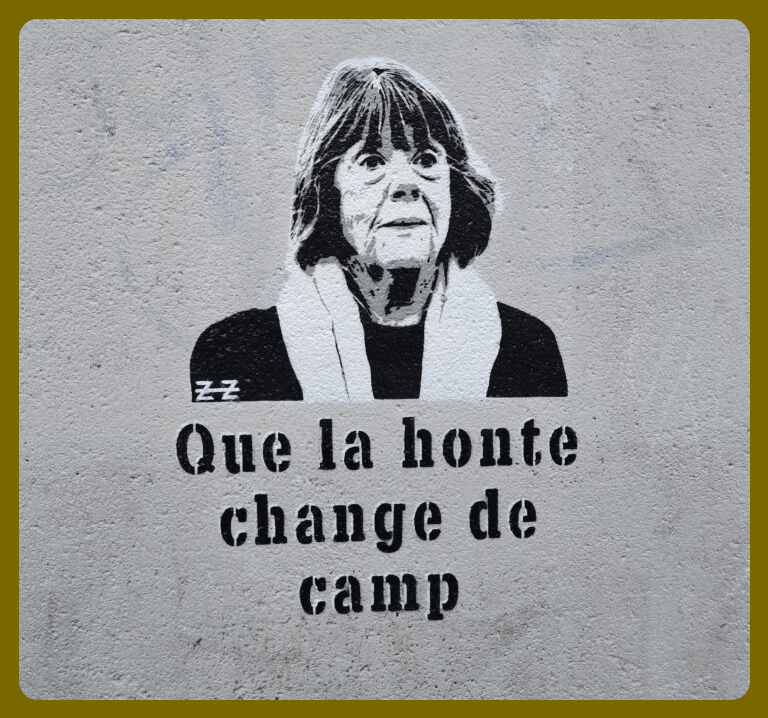Sexual Assault in Torah and Talmud
complexities, some surprising insights + all the trigger warnings

This is Life as a Sacred Text 🌱, an everybody-celebrating, justice-centered voyage into ancient stories that can illuminate our own lives. It‘s run on a nonprofit, so it’s 100% NAZI FREE. More about the project here, and to subscribe, go here:
This newsletter is a reader-supported publication. Paid subscriptions allow our tiny team to keep doing this work. If you want in to the House of Study but paying isn't on for you right now, reach out and we'll hook you up, no questions asked.
Today's missive requires serious trigger warnings. Quite earnestly: Today we're going to be talking about sexual assault, because we've come to those verses in the text, and because there's actually quite a lot to say about how the Rabbis understood this topic (including a bunch of surprisingly decent takes). It felt too important to skip.
With the caveat that we are dealing with the Ancient Near East, this is not as bad, misogyny-wise, as it could be. Which isn't to say that it's always great! However, for obvious reasons, this topic is not for everyone, so some of you may want to hit delete now, that's OK. We'll see you next week, and we all love you very much. 💗

OK, Deuteronomy 22:23-29. I'll annotate as I go (with my notes before the verses to try to soften the trigger factor) and then we'll look at other takes, and a few bits from the Rabbis.
We begin with the starting place: A married woman who has consensual sex with someone else, aka adultery: They both die.
Case one: Betrothal (bride-price paid) is treated as adultery if it's consensual. How do we know if it's consensual? She didn't call for help in a place where people were around. Not the most evolved understanding of how flight/freeze/fawn trauma response works, or larger questions of safety, but.
It might tell us something, re: the assumption that if she called, she'd be immediately met with support and care. Is this the reality of ancient Judean society? Patriarchal delusion? I don't know.
When there is a girl, a betrothed virgin, and a[nother] man finds her in the town, and lies with her, you are to take-out both of them...so that they die—the girl because she did not cry out in the town and the man because he oppressed the wife of his neighbor. So shall you eradicate the evil from your midst!
Note that last line– we'll come back to that.

